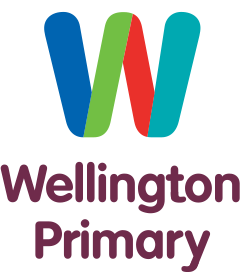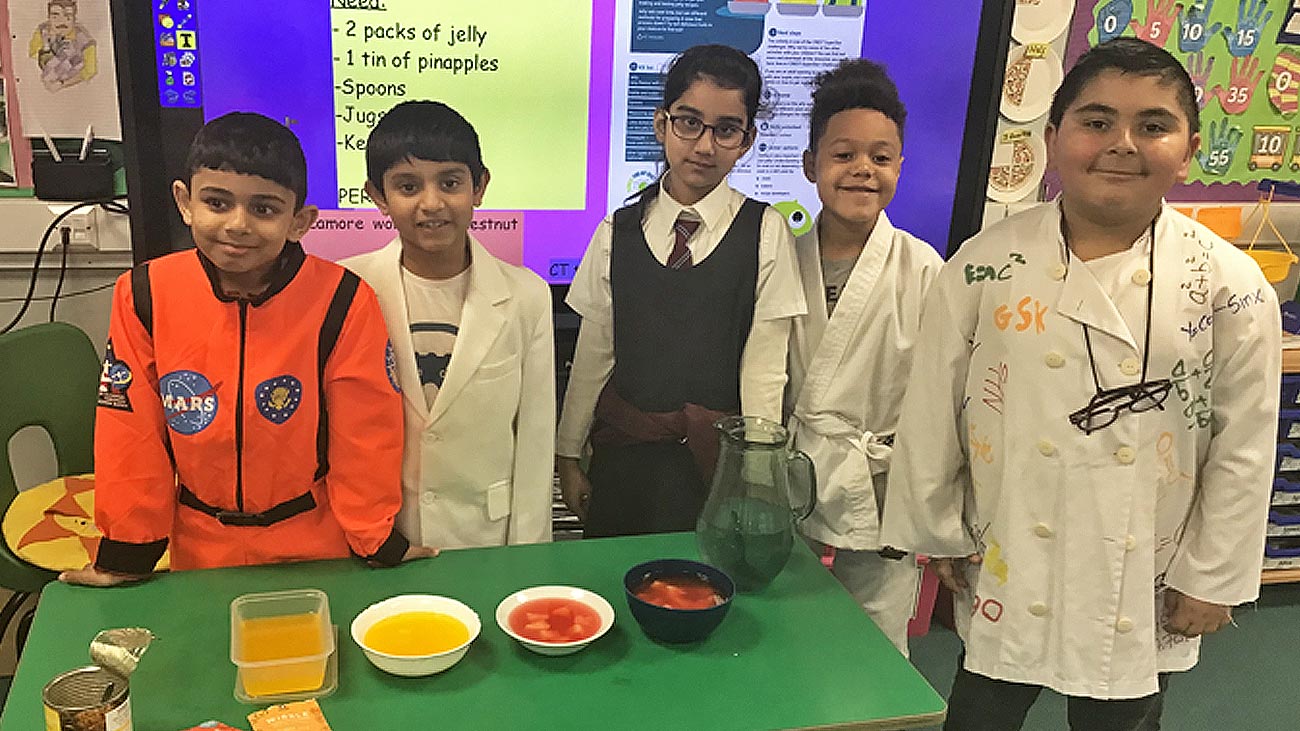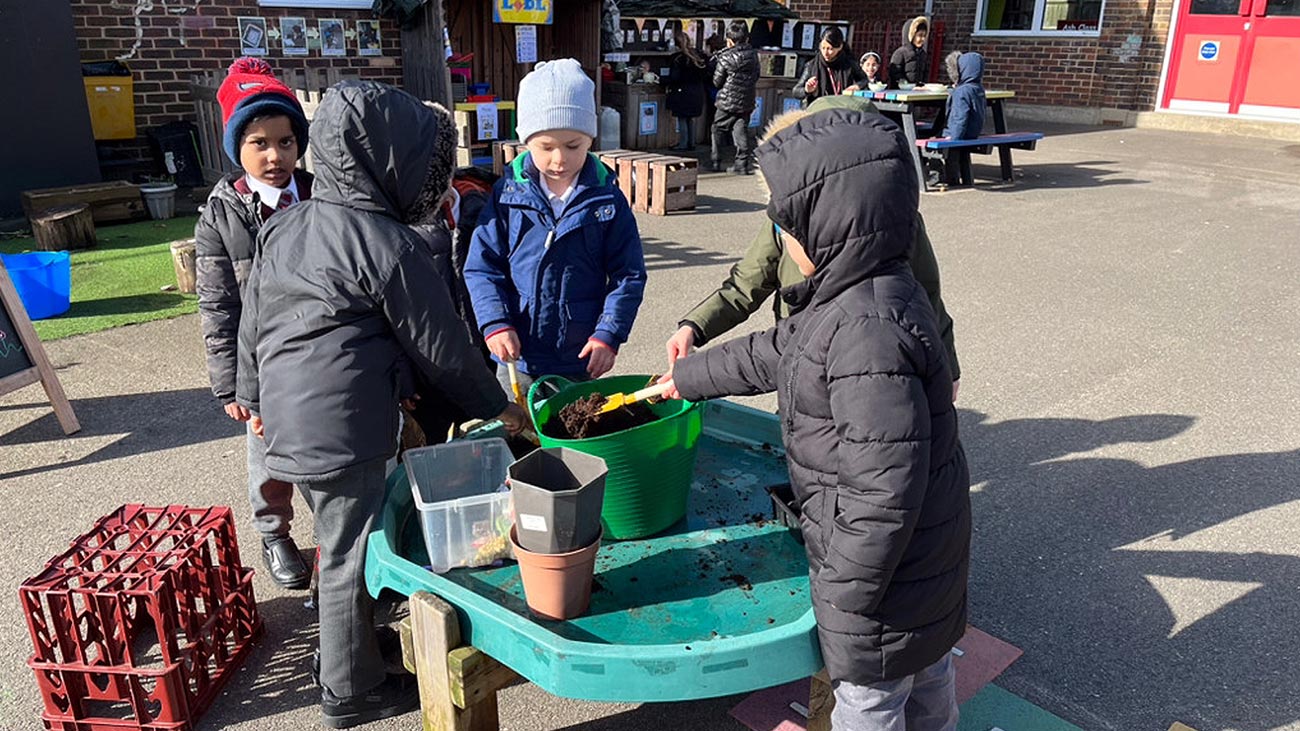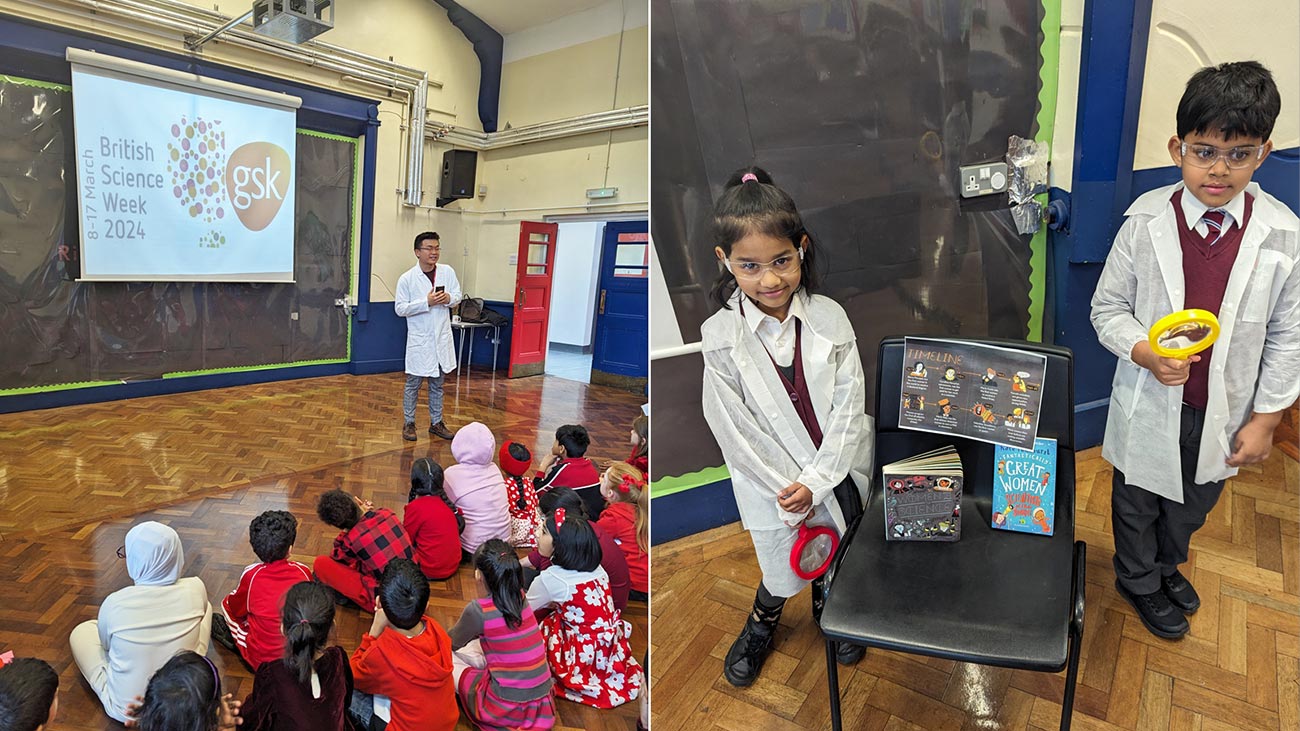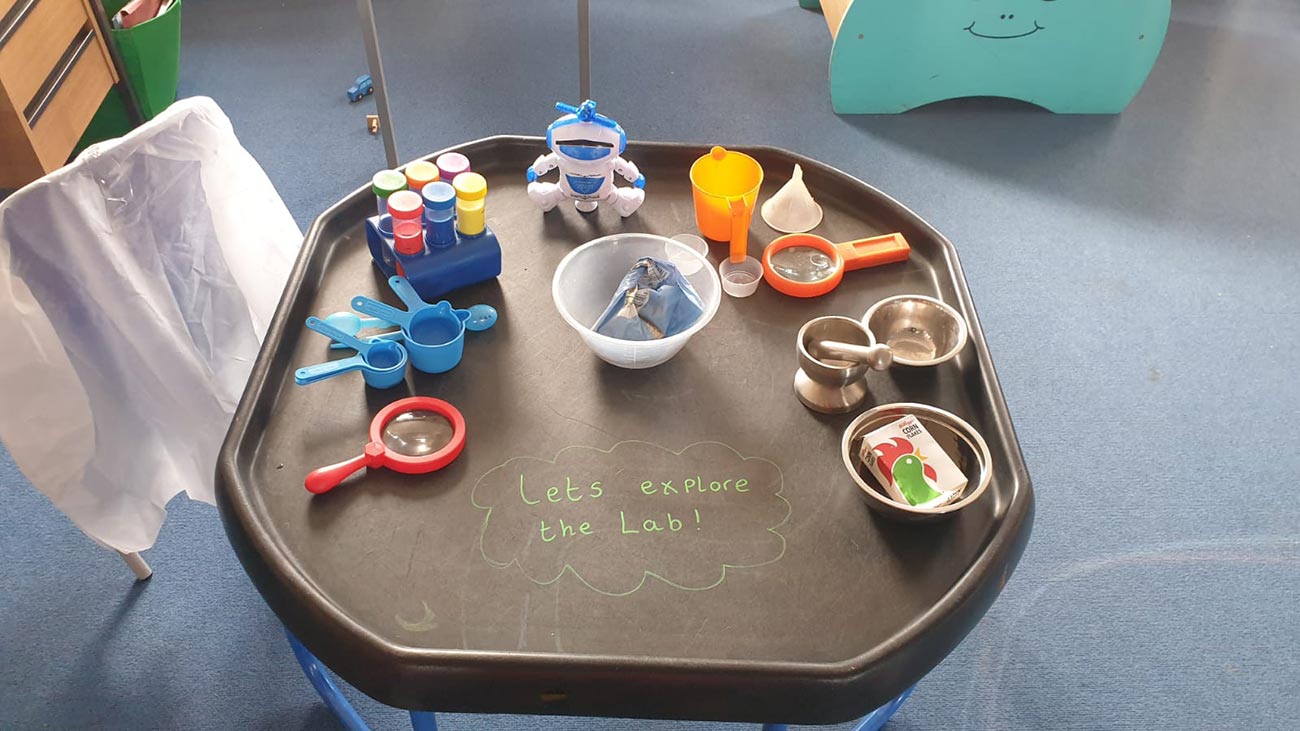Science
Our curriculum covers a variety of scientific topics each half term that are based around biology, chemistry and physics. Science lessons encourage curiosity which aim to develop investigative skills and scientific knowledge. Through the programme of study in the National Curriculum, Wellington pupils will achieve this by carrying out working scientifically activities in each lesson to allow them to develop scientific knowledge and conceptual understanding. They will carry out a variety of enquiries through computing and research, hands-on-practical activities, problem solving opportunities and cross-curricular links. Throughout the topics pupils will be exposed to scientific vocabulary and will be able to use it to apply to their explanations to show their understanding.
Pupils will be given regular opportunities to cover the five strands of scientific enquiry:
- observe over time
- look for patterns in their observations and results
- identify, classify and group
- carry out controlled investigations using comparisons and fair testing methodology
- research using secondary sources
Through these strands they will learn the scientific skills of asking questions, planning enquiries, making predictions, observation, taking measurements, record results, presenting results, interpreting results, drawing conclusions and evaluating an enquiry.
Science teaching at Wellington Primary School involves adapting and extending the curriculum to match all pupils’ needs. We use 'Cornerstones 22' ambitious scheme of work as a basis to achieve this. Cornerstones, ensures progression between year groups and guarantees topics are covered in a logical sequence and revisited regularly through the key stage to build on previous learning.
Meet our Science Squad!
Our Science Squad are ready to help you with any of you science needs! These successful applicants will be available to support you in your lessons, help you find resources and help us all with our science provision.
 |  |
What do our families say about Science?
“Science is one of the most important channels of knowledge. It has a specific role. Science helps children to learn about the natural and social world. It is inherently fun, engaging and develops understanding!”
“Science gives us the answers to most of our ‘why’ questions.”
“It helps with critical thinking and problem solving which improves children’s decision making and understanding.”
“Science is an integral part of our daily lives. From the air we breathe to the rockets exploring space – science is there.”
